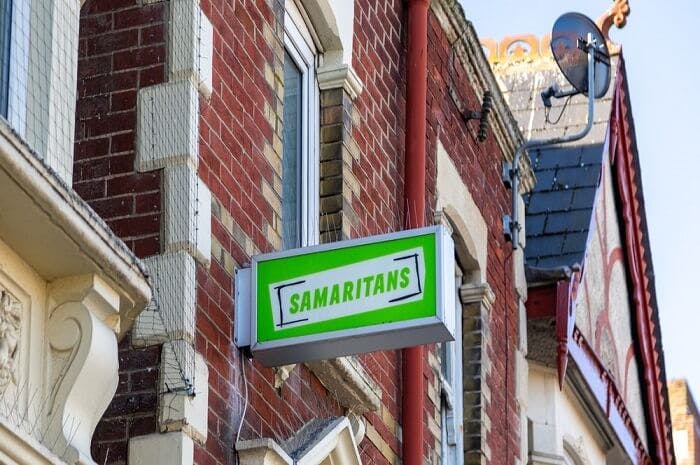
Samaritans to offer Guidance to the Gambling Industry
The best-practice guidelines include steps that gambling businesses can use to prevent suicide.
Samaritans’ guidelines go far beyond writing a suicide prevention policy.
The suicide prevention policy will help protect both players and employees, which could also help the company’s legal team in the case of an incident. In other words, the company won’t take the blame.
But the guidelines provide a lot more than just a policy. Samaritans will also provide ways to use this policy and self-harm prevention towards better marketing and communication. With more appropriate marketing campaigns and customer communication (whether that’s live or in writing), the content should appear less inciteful towards self-harm actions. At the very least, marketing content could have a permanent PSA.
Samaritans’ guidelines assist these companies with data interpretation, as well. Understanding player activity can help prevent suicide or self-harm attempts and allow customer support representatives to communicate more sensitively.
Social responsibility has taken the front seat in the gambling world.
Many countries in just the past year have released new legislation that outlines social responsibility requirements. In order for a casino to operate legally, it must adhere to those strict measures.
Even companies like Google are taking a stand against problem gambling with the release of their anti-gambling advertising tool.
Studies are proving connections between problem gambling and casino gameplay features that could potentially lead to self-harm. Samaritans’ Head of Policy, Mubeen Bhutta, stated the link of these associations is apparent and different industries require different approaches towards suicide prevention.
He states that his company is “proud to publish these industry guidelines” in an effort towards proactive engagement from all companies to prevent suicide.